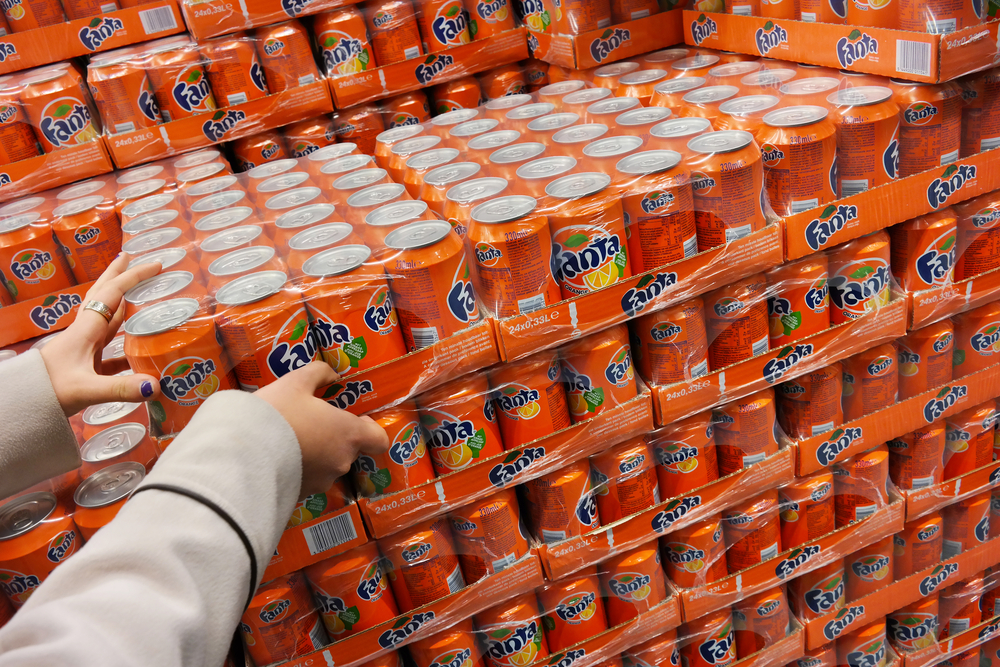You’ll soon notice soft drinks and juices becoming more expensive in the Dutch market — that’s all part of the new cabinet’s healthy food vision.
New year, new diet with the new cabinet. The People’s Party for Freedom (VVD), Democrats 66 (D66), Christian Democratic Appeal (CDA), and Christian Union (CU) all made “binding agreements with the industry about healthier foods” according to RTL Nieuws.
In an effort to combat obesity in the Netherlands by reducing the percentage from 50% overweight Dutch individuals to 38% by 2040 — the government wants to encourage healthier food choices. 🍎
How would their plan exactly work? While the fine details still have to be worked out, the plan will mainly consist of increasing the tax on sugary drinks such as soft drinks and juices, along with reducing VAT on fruits and vegetables to 0%. Sweet deal!
Applause
The sugar tax news was met with overwhelming applause as the topic of weight loss has become more urgent in light of the coronavirus crisis given that many health problems occur in people who are overweight — not to mention the expenses that go along with an unhealthy lifestyle.
“That combination of making sugary products such as soft drinks more expensive, and making healthy food cheaper, is the best. The greater the discrepancy, the better,” says nutrition and behaviour expert Liesbeth Velema.
READ MORE | ID, please — age limit being demanded for Dutch energy drinks
Consumer organization Foodwatch is happy that the government is finally taking steps in the right direction. “The shelves are full of unhealthy soft drinks, and healthy food is often more expensive than unhealthy food,” says Foodwatch.
Tried and true
Although we’ll personally be missing our occasional can of diet soda, a form of the sugar tax is already implemented in many countries and has shown signs of success. This is the case in the United Kingdom, France, Norway, Mexico, South Africa, Chile, and the Philippines.
According to a National Institute for Public Health and the Environment (RIVM) report, the sale of taxed soft drinks is declining as healthier alternatives are introduced in UK’s and Norway’s markets — some manufacturers even adjusted their recipes as a result of such measures.
What do you think of the Netherlands introducing a sugar tax on soft drinks? Tell us in the comments below!
Feature Image: defotoberg/Depositphotos



Excellent as a first step! Are we going to the cow’s milk and red meat then?
Almost all Dutch food (if you can even call it food) is oily-deep-fried garbage. Your lucky to have immigration here to show you what’s real food!